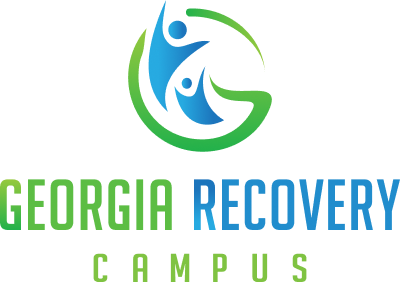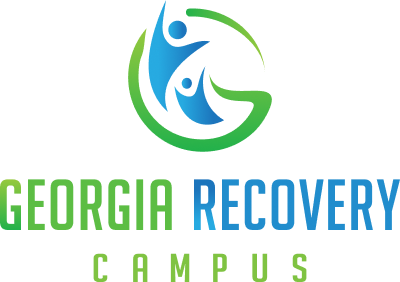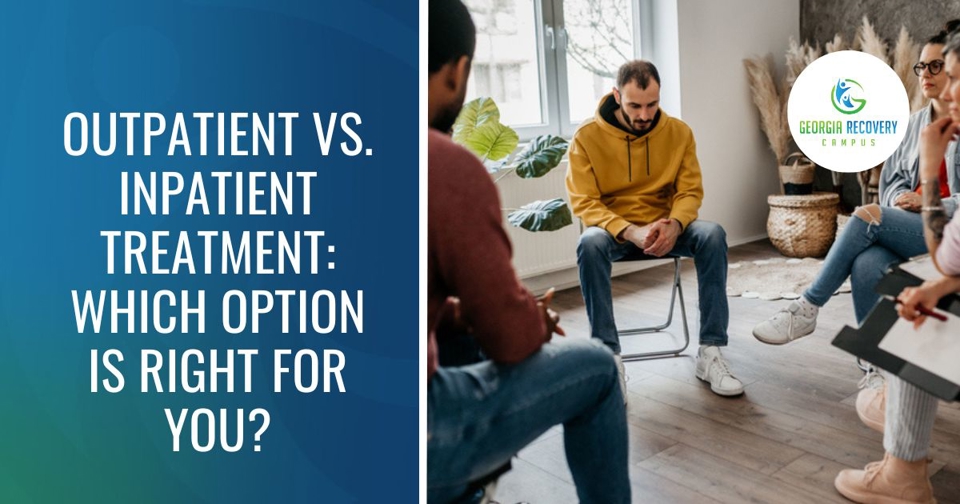The Value of Outpatient Programs in Recovery
Recovery is a deeply personal process, and finding the right treatment option is critical. Outpatient programs offer an effective and flexible path to healing, designed to fit into your life while providing the structure and care needed to support your recovery. They meet you where you are, making it possible to balance treatment with responsibilities like work, school, or family.
What Makes Outpatient Programs Unique?
Outpatient programs, such as Intensive Outpatient Programs (IOPs) and Partial Hospitalization Programs (PHPs), provide structured support without requiring overnight stays. IOPs involve weekly therapy and support sessions, allowing you to maintain your regular routines. PHPs are a bit more intensive, with daily therapeutic sessions while still letting you return home each day.
The flexibility of these programs can make a real difference for people managing work, school, or caregiving responsibilities. You receive the care you need while maintaining your commitment to the people and activities most matter to you. However, this also means outpatient care requires dedication and self-discipline to follow through on therapy and recovery goals.
Key Benefits and Possible Challenges
Outpatient care has many advantages. It lets you apply what you learn in therapy directly to your everyday life. This real-world application can make the path to lasting recovery smoother. Many programs even encourage family involvement, strengthening your support system and building understanding among loved ones.
That said, outpatient recovery isn’t without its hurdles. For some, balancing treatment with existing commitments can feel overwhelming, especially if support at home is limited. Unlike inpatient programs, outpatient treatment doesn't offer a controlled environment, which could make staying on track trickier for certain individuals. But with proper planning and determination, these challenges are manageable.
Is Outpatient Care Right for You?
Whether outpatient treatment is the right fit depends on several factors, such as the severity of your addiction, your home environment, and your support system. People with a strong network of family and friends or those transitioning from inpatient rehab often do well in outpatient programs.
If commitments like work or school prevent you from attending an inpatient program, outpatient care can give you the treatment flexibility you need. A thorough assessment by a healthcare professional is key to figuring out the best option for your situation.
Balancing Responsibilities During Treatment
Managing Your Time
One of the realities of outpatient care is juggling therapy, work, and personal tasks. Organizing your time with tools like calendars or apps can help you stay on top of things without feeling overwhelmed. Breaking larger responsibilities into smaller, actionable tasks often makes them feel more manageable.
Services like Trello or Google Calendar allow you to set reminders and prioritize tasks, making it easier to allocate your time wisely. Combining these tools with planning can reduce day-to-day stress and improve focus on your recovery.
Leaning on Support Systems
Having people you trust in your corner makes all the difference. Whether it’s family, friends, or a local support group, leaning on others for encouragement or even help with tasks can ease your burden significantly. Clear communication is key—don’t be afraid to discuss how they can lend a hand during this time.
Support groups in-person or online can also create an invaluable sense of community. Sharing your experiences with others on a similar path often brings motivation and clarity you might not find elsewhere.
Your Path to Recovery Starts Here
At Georgia Recovery Campus, we know every recovery story is unique, and the right care makes all the difference. Our outpatient programs combine expert support with the flexibility to fit into your daily life. Whether you’re navigating work, school, or family obligations, we’re here every step of the way to help you succeed.
Call us today at (478) 216-1110 to learn more. Together, we can take the first step toward regaining control and building the future you deserve.



.2502241118369.jpg)


.2502241131352.jpg)